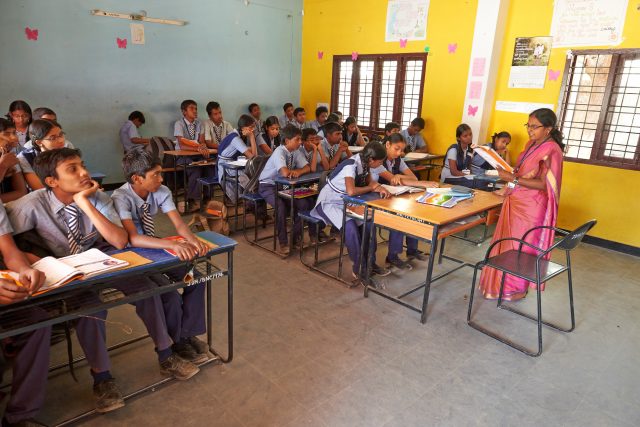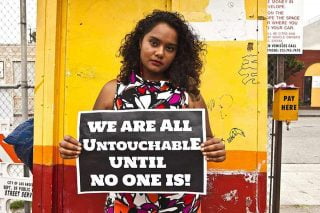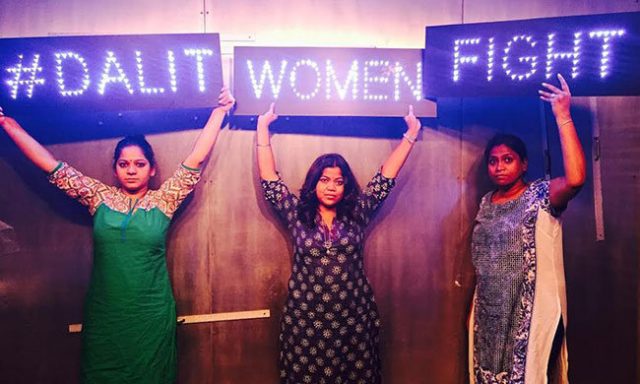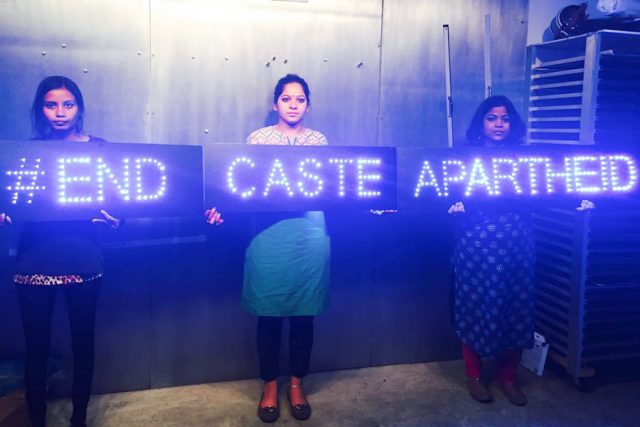It is true that caste has long since been used to regulate the economic strata in India and that the Dalit community is grossly under-represented in the fields of education and employment and the reason behind this is the education system bias against Dalits.
In addition to this, most employment opportunities today, especially in the private sector, require the candidate to go through an interview process which further requires the candidate to have excellent communication skills and this always favours those who received higher education.
Where in public sectors, there are certain checks in place to ensure the discrimination doesn’t occur, the same is not available in private sectors, where there is still only a minimal presence of the Dalit community, especially of Dalit women.
According to this study conducted by the Centre for Social Equity and Inclusion on Urban Dalit Women Employees and Entrepreneurs there is a lower Human Development Indicator (HDI) and higher Human Poverty Indicators (HPI) among Dalits compared to non-SC/ST communities and this is a reflection of the irregularities and inequalities in the economic scheme of the caste system that places the privileged classes on a higher scale and pits higher castes with Dalits.
Is Mainstream Feminism All Inclusive?
Now, if you take a look at the issues faced by women (belonging to non-SC/ST communities) in urban spaces and the conversations they are trying to initiate, you will realise that they are not even remotely relevant to the issues faced by Dalit women.
Where India is still trying to surpass caste-based, gender-based and religion-based violence, is it really prudent to talk about sexual freedom?
Of course, it isn’t.
This is not to say that I am against women having freedom when it comes to our bodies and the choices that we decide to make when it comes to sex. What I am saying is that that is not the conversation we should be exhausting all of our attention towards, right now. That is all.
Moreover, Dalit women have long talked about hijacking the upper-caste feminist movement that seems to benefit only the privileged since they only raise issues with respect to ideals that are largely relevant only to the upper class.
This type of activism has come to be known as “metropolitan feminism” or mainstream feminism which Dalit women claim focusses largely on urban issues. This became the foundation which kickstarted the Dalit feminist movement.
ALSO READ: Should There Be Reservation For Students Of Delhi In Delhi University?
What Is Dalit Womanism?
A number of websites and blogs have been started with the intention of giving Dalit women a platform to voice their grievances and form an online community where they can discuss and solve problems together.
In 2006, the International Dalit Solidarity Network was started by Dalit activists and academicians. Dalit Women Caucus (DWC) is another such website, which is concerned with Dalit women’s issues, with a focus on domestic violence. Savari is another site that was started in 2012 by Dalit, Adivasi and Bahujan women, as a platform to talk about gender-related issues specific to Dalit women.
All these became platforms where Dalit women could freely talk about their identity, and raise awareness about their rights and issues.
But has all of this brought about any real change in our society?
At the end of the day, we need to realise that one of the biggest problems faced by the Dalit community is caused ironically because of the reservations set in place for them.
While reservations may have provided more jobs to the Dalits community, it actually simultaneously accentuates the differences between the SC/ST and non-SC/ST community. Where no reservations in jobs will ensure that no discrimination occurs in the workplace, no reservations will also deny jobs to several of those who need it because the education system does not allow them to get in on the bandwagon on merit.
Image Credits: Google Images
Other Recommendations:
http://edtimes.in/2017/10/pakistans-caste-system-is-scarier-than-indias/






































